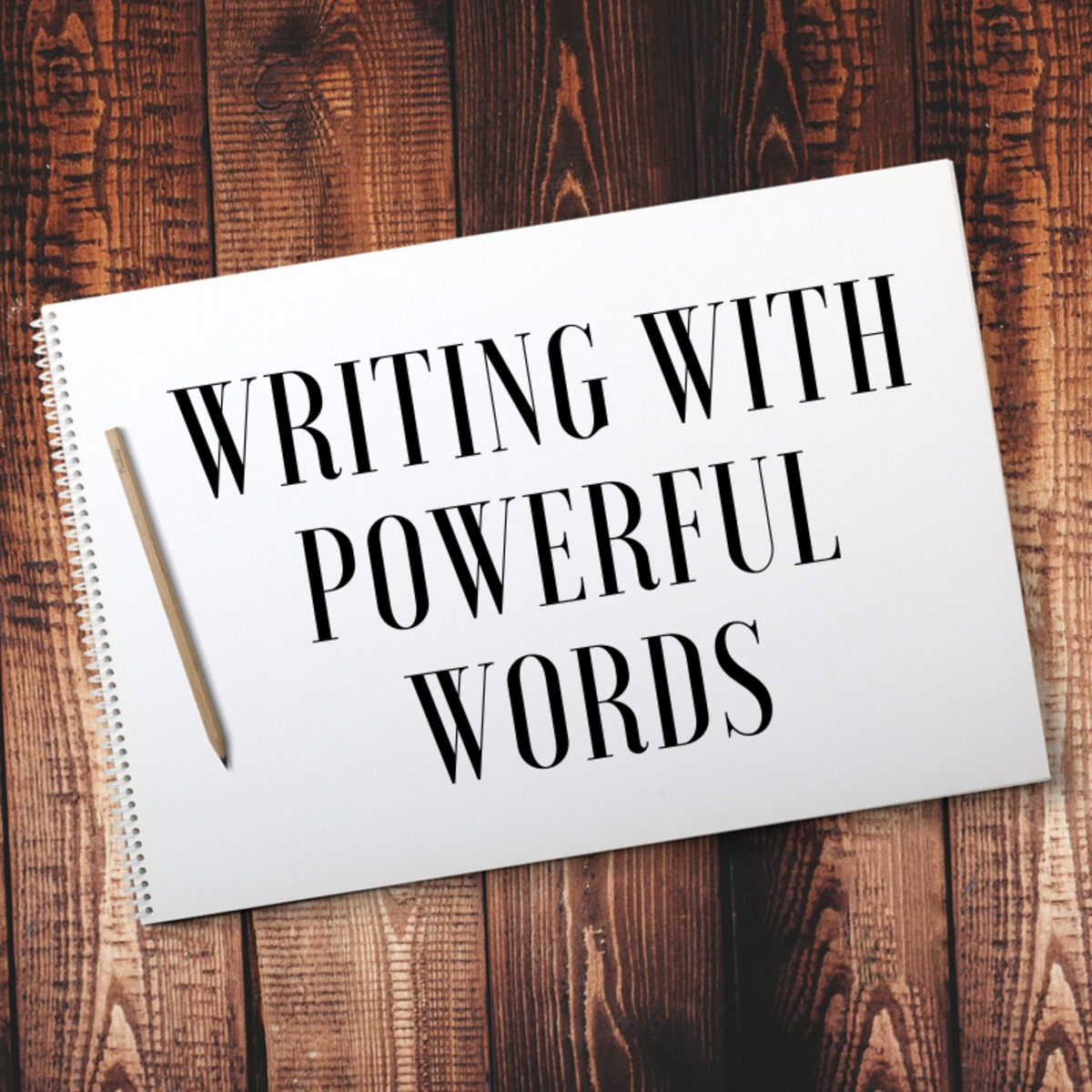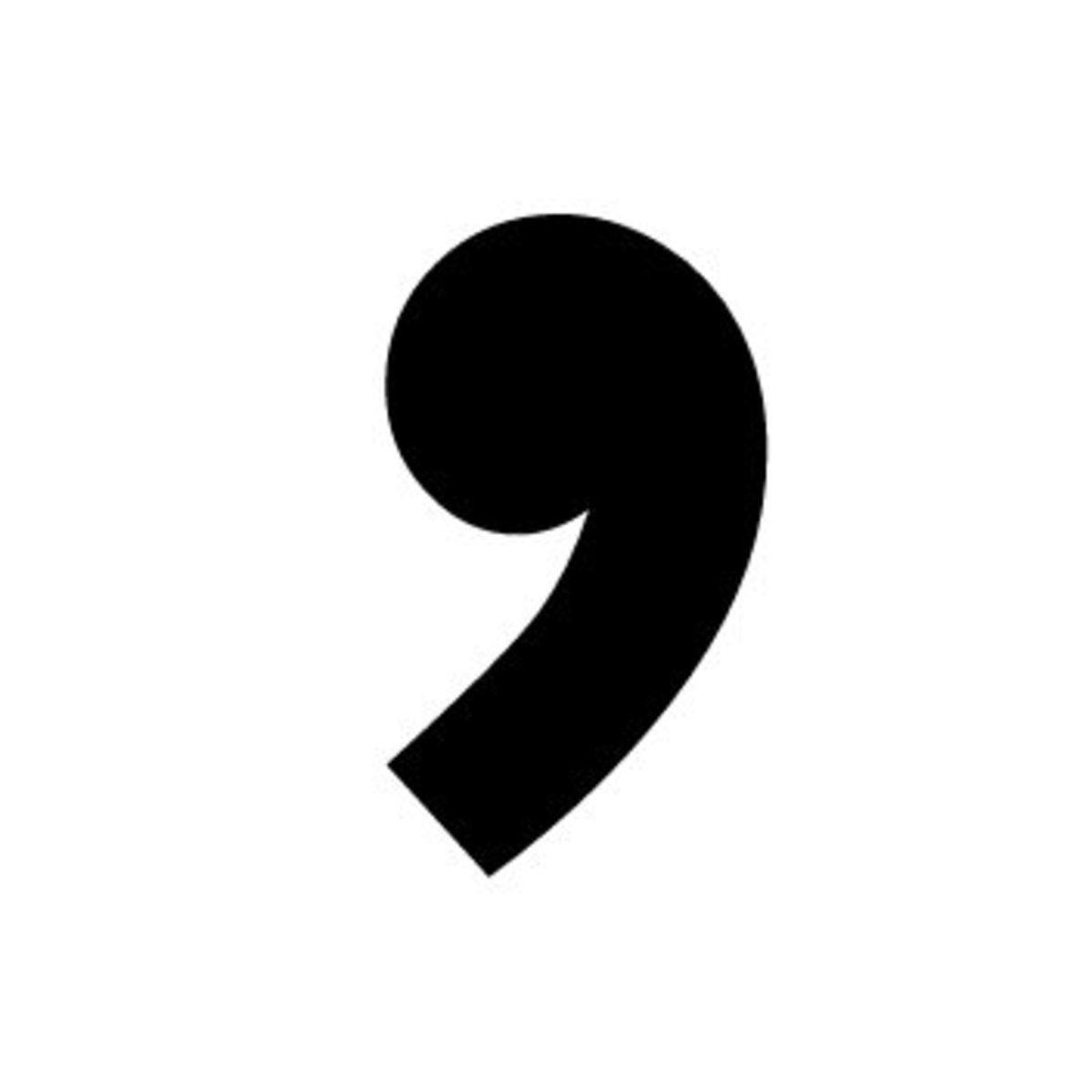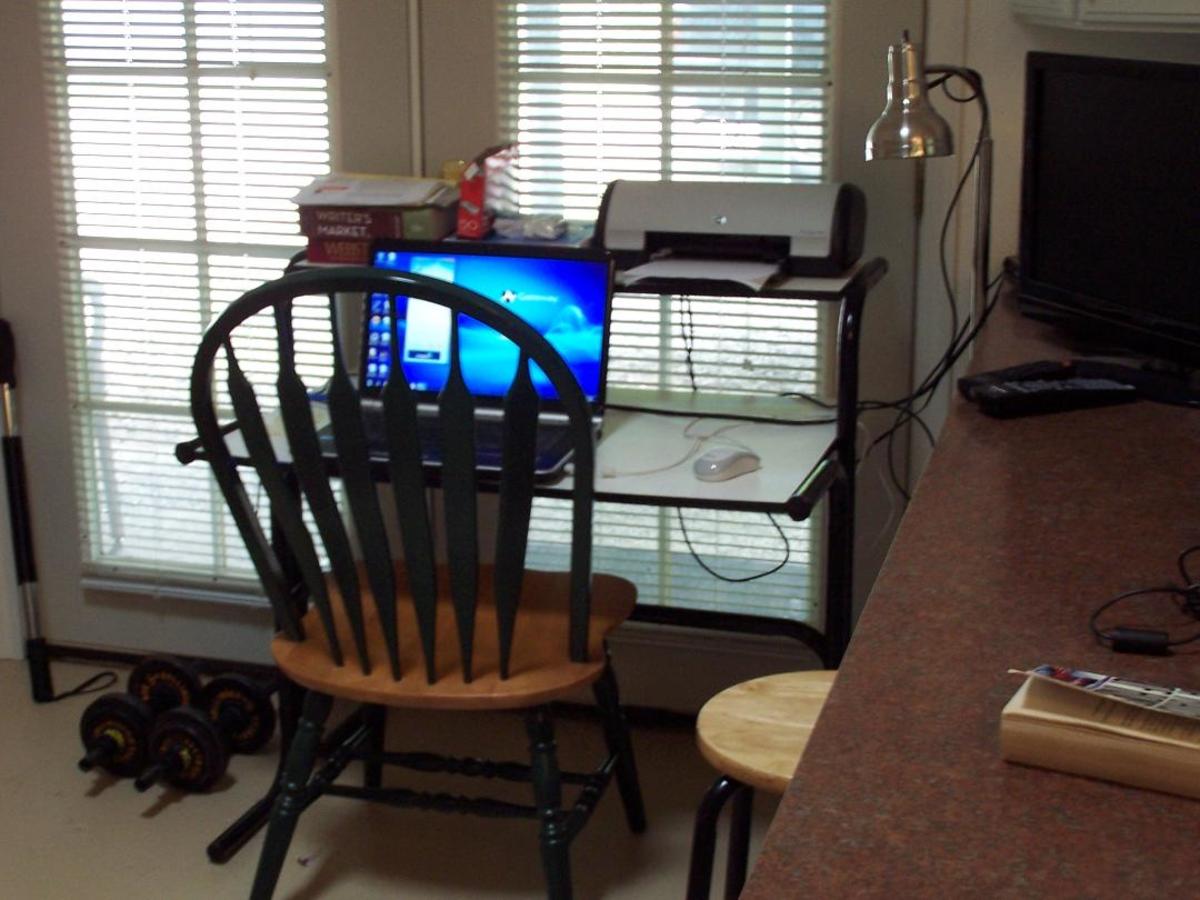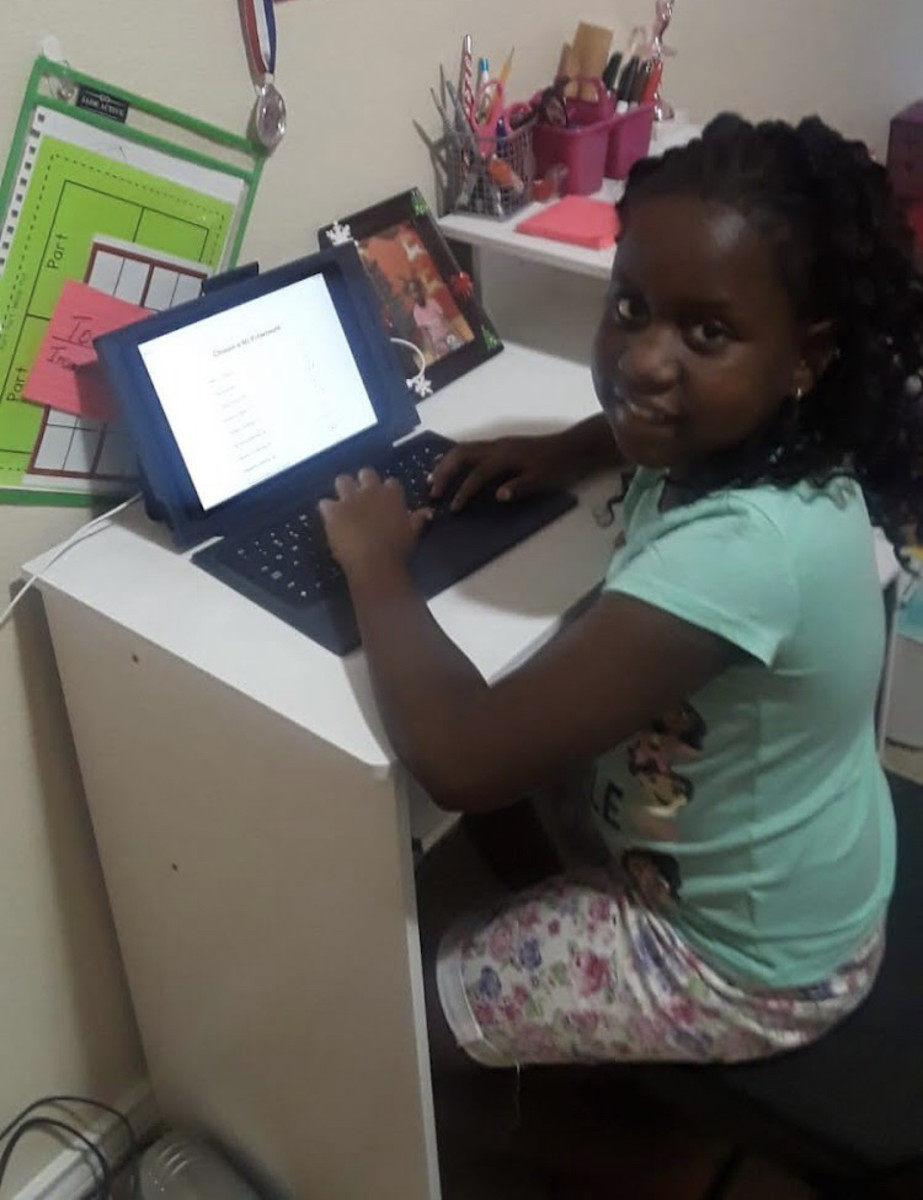- HubPages»
- Books, Literature, and Writing»
- Commercial & Creative Writing»
- Creative Writing»
- Humor Writing
Really, You Can Write Really Good
Really good writing starts with one word
In this hub I will explain the secret to really good writing. We call it writing, but it's really typing out your words from your fingers into a keyboard. The words don't have to be really well written or anything like that, but we still call it writing. Some of us may really be picking up a pen and scratching it across 'paper', but most of us really use a keyboard connected to some type of computer.
I really want you to know that adjectives and adverbs make a really big difference in how your writing, such as it is (see previous paragraph), is received by the other people in the world referred to as your readers. Really, these special categories of words matter when you are trying to convey a feeling or describe the color of an orange or tell people how to get to hour house. The best adjective to use has to be, without a doubt, the word really.
It's really true. Listen carefully, or listen causally if you really must, to any radio talk show host or radio talk show guest. They really know how to use the word really: they really apply it to virtually any subject that is being discussed. We all really know that there are thousands of adjectives and adverbs out there that can be plucked out of the air and built into sentences. None of those other words are really needed.
For example, it really gets the point across when a speaker (or a writer, if you prefer to visualize this example in the context of using a computer to write something) obviously ignores all the other adverbs that they learned in 6th grade. Instead the speaker deploys the word really to describe how badly, goodly, poorly, properly, excitedly, or happily someone is accomplishing something.
So, we really know that this word provides sufficient emphasis in any spoken word or printed word context. No other adverbs are really needed.
Consider the so-called play-by-play and analyst experts who really earn a lot of money to describe what happens on the field directly in front of then. These folks really are experts, so whatever styles of speech they elect to speak at us must surely be optimum and prime. We really hear them use the word really whenever an adverb is obligated. They really know their business: we can all take a lesson in speech patterns from them.

Adjectives are really important too.
An adjective tells your reader how cute or small or expensive or orange something really is. We good writers try to use adjectives to really make our compositions that much better. You don't have to use adjectives: there are no adjective police trolling through your words, calculating your colorful speech quotient, unless you count your 10th grade composition teacher who really should be retired anyway, Anyway, try to use some really good adjectives as much as possible.
When you really desire to communicate to your gentle reader precisely how important something is, use the word really to communicate that message. Sure, there are other words out there, but you really don't need to worry about them. The dictionary is full of really good descriptive words: ignore them. Train your fingers to type the word really as fastly as you can muster. It doesn't really matter if you know any other words because this word can be rolled out in so many different scenarios that you will encounter in your writing career.
When we say 'career', we really mean the time you spend on the Internet composing articles that your Mom will read, but no one else will really know about. It's all good: Mom always likes whatever you do, really and truly.
Using this word will really save you a lot of time and that's important because Google ranks your pages based on how quickly you create them. I really think so.
Additional Writing Resources
- How to Write on a Subject You Know Absolutely Nothing About
Words matter. Without words, books would be only recycled trees. It's all good until dreaded writer's block descends. The coolest writers know how to continue writing. Conventional Wisdom suggests "write what... - How to Make Money by Writing about Making Money by Writing Online
So, we're all reasonably clear on the concept that bunches of people search the Internet for ways to make money. The word "google" has morphed into a noun and verb; inquisitive googlers google phrases such as... - Voice Writing Education
Voice Writing is a skill used by many highly paid people to earn a comfortable living. A voice writer is trained in business practices, computer applications, and technology. Voice Writing education is...
Beware of the double really
In some extreme circumstances, a huge dose of descriptive information is really necessary. We can provide some examples that really make our point in a descriptive way. For example, when a player is in a game and really makes an exceptional play, we heartily endorse that you describe such a play through the application of consecutive reallys.
Consecutive reallys also apply to non-sports situations. You may wish to write something along the literary lines of "That was a really really good haiku and I really really want to read more of your literary genius." We want to really emphasize that this is only an example. As a good writer, you really should study each writing situation in which you find yourself before electing to roll out the big guns. Be really aware of your readers, which is a really really big challenge when you put your words on the Internet because your readers are the whole world except for a few places in San Francisco where are busy banning Happy Meals and really don't have time to read your output.
Yes, there really is a possibility of venturing beyond the double really into triple and quadruple reallys, but we recommend that this writing strategy be attempted only by really good writers who have carpal tunnel riders on their government-sponsored health insurance.
Always end with a really good conclusion
It's important to repeat yourself at the end of an article because most people don't really read the entire thing anyway. You can get a good message across by really restating it in a different combinations of words that mean pretty much the same thing, but are different enough to slip past the search engines. We don't really want to give you any bad ideas or negative guidance regarding this topic, but it's really important sometimes to understand what's really going on behind the scenes in your brain anyway, We're just telling you what you really want to hear.
In conclusion, try to really use good adjectives and adverbs in your compositions. Don't really think about what is 'good writing' or 'bad writing'. Because there are some people in the world who don't really get Paul McCartney, either. The world insists on being a really big place: someone will like your stuff.








